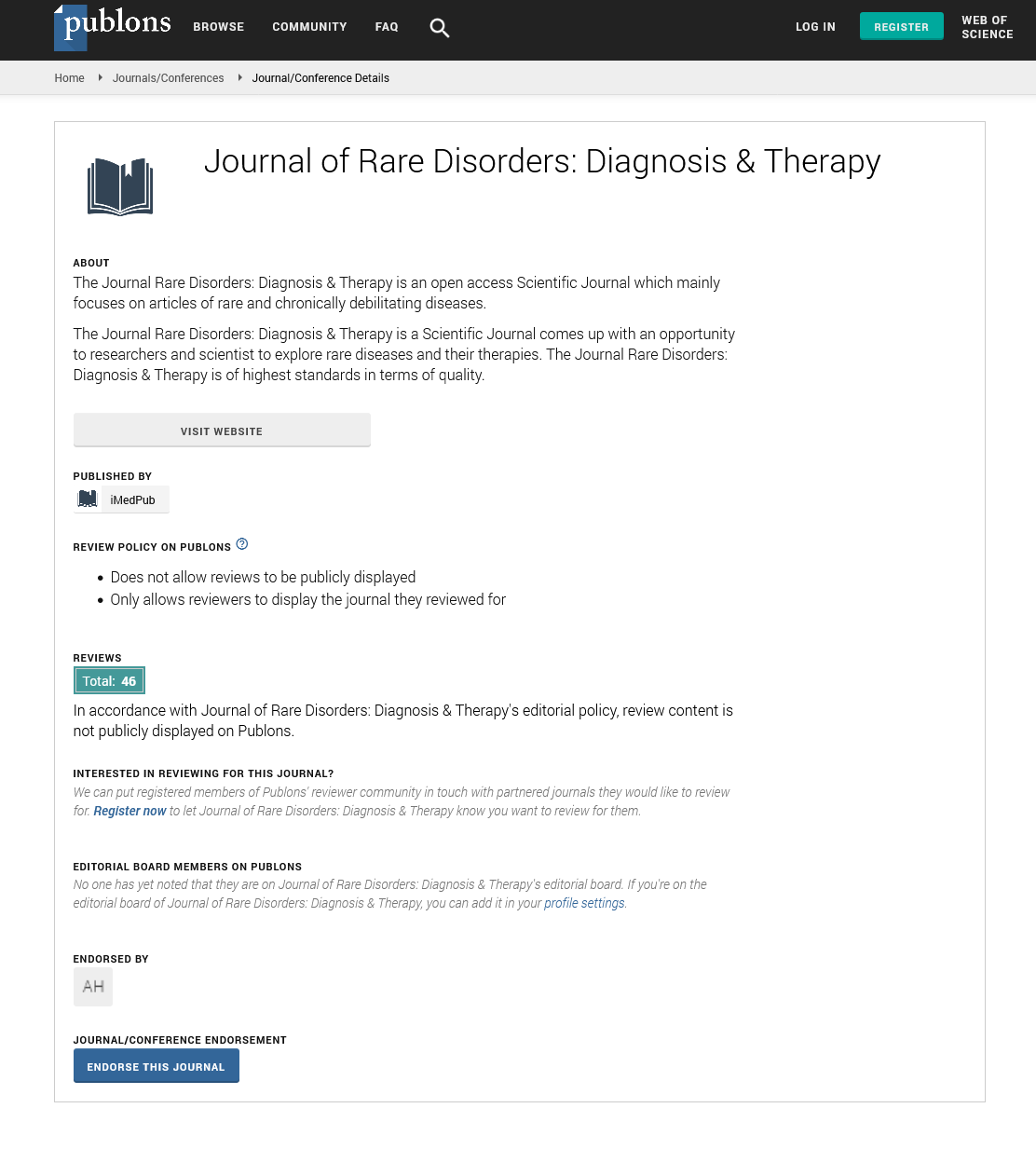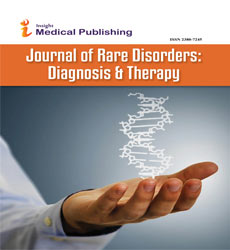Abstract
What is Barth Tired? A Qualitative Approach to Understanding Fatigue in Barth Syndrome from the Perspective of Family Members
Context: Barth Syndrome (BTHS) is a rare x-linked, recessive, genetic condition linked to mutations in the TAZ gene. Fatigue in both cardiac and skeletal muscles is a common symptom for individuals with BTHS; however, research on fatigue specifically in the BTHS population is limited.
Objective: The purpose of this study was to understand how families and caregivers of individuals with BTHS perceive the impact of fatigue on the engagement and daily life functioning of the individual and the family unit.
Design: We used a qualitative phenomenological approach. Semi-structured interviews were completed via the zoom platform with individuals or family units. Atlas ti. software was used to code each interview transcript, and data inquiry features were used to identify connections and themes. Member checking was completed to validate themes.
Subjects: Twenty-three family members representing seventeen individuals with Barth syndrome.
Setting: Virtual
Results: Five primary themes were extracted through an inductive process: 1) Barth fatigue does not always stop families from doing important things, but extra planning/ modification is needed; 2) The worse the fatigue, the greater the impact on the individual and the family; 3) There are physical and non-physical signs of BTHS; 4) Barth individuals look “normal”, so families/individuals are sometimes misunderstood; 5) There is a transition that occurs from parents managing their child’s fatigue, to the affected individual learning their own strategies or selfregulation.
Conclusion: These findings give valuable insights into what “Barth Tired” really means from the perspective of families of affected individuals.
Keywords: Barth Syndrome; Fatigue; Mitochondria; Genetic Disorder; Qualitative Phenomenology.
Author(s): Stacey Reynolds*, Emma Daw, Isabelle Babson and Virginia Way Tong Chu
Abstract | Full-Text | PDF
Share this

Google scholar citation report
Citations : 241
Journal of Rare Disorders: Diagnosis & Therapy received 241 citations as per google scholar report
Journal of Rare Disorders: Diagnosis & Therapy peer review process verified at publons
Abstracted/Indexed in
- Google Scholar
- China National Knowledge Infrastructure (CNKI)
- Directory of Research Journal Indexing (DRJI)
- Publons
- International Committee of Medical Journal Editors (ICMJE)
- Secret Search Engine Labs
- Euro Pub
Open Access Journals
- Aquaculture & Veterinary Science
- Chemistry & Chemical Sciences
- Clinical Sciences
- Engineering
- General Science
- Genetics & Molecular Biology
- Health Care & Nursing
- Immunology & Microbiology
- Materials Science
- Mathematics & Physics
- Medical Sciences
- Neurology & Psychiatry
- Oncology & Cancer Science
- Pharmaceutical Sciences


